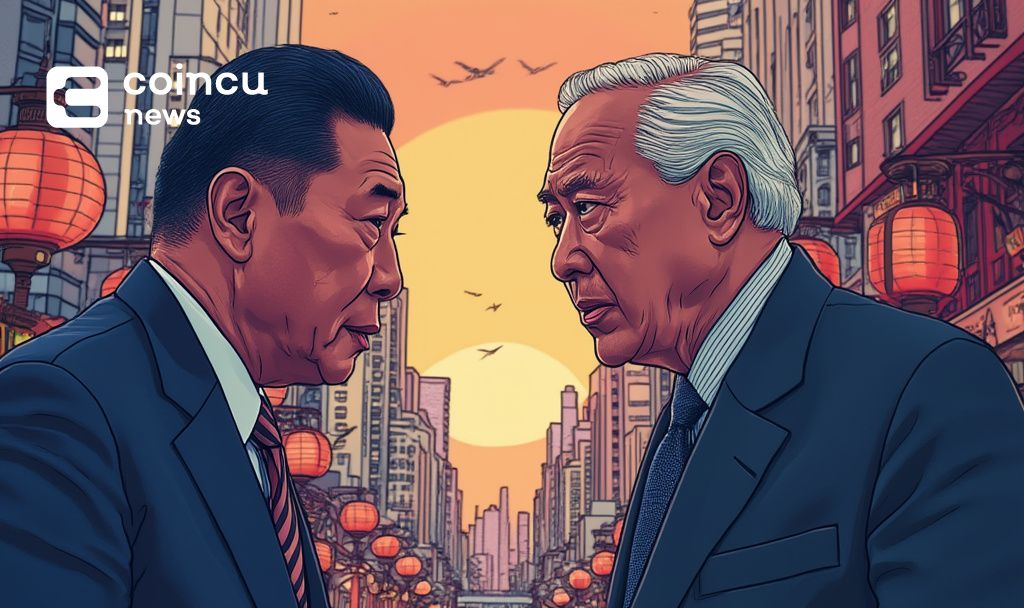- Japan seeks to renegotiate trade terms with the U.S., focusing on automotive tariffs.
- Trade talks could shift Japan-U.S. economic dynamics.
- Industry demands could hinder swift resolutions before elections.

Japan’s Trade Talks Focus on Autos and Agriculture
Japan has conveyed a willingness to reassess trade terms with the U.S., with emphasis on avoiding automotive sector impacts.
The negotiations signify potential shifts in Japan-U.S. relations, affecting economic strategies and market conditions.
Japan has sent a definitive signal to President Donald Trump indicating its readiness to reconsider trade agreements, aiming to prevent domestic political fallout. Prime Minister Shinzo Abe, initially eager to commence talks, may now delay decisions due to pressure from local industries and political allies urging protection of key economic sectors.
Japan is experiencing pressure to safeguard its automotive industry and agricultural interests, which could derail a swift resolution before upcoming elections. Shifting priorities reflect Japan’s strategy to attain a favorable trade deal, emphasizing economic resilience amid international demands.
Business sectors and political factions have voiced concerns, advocating for strong protective measures. “The urgency to negotiate has shifted,” a Japanese official stated, hinting at strategic repositioning in Japan’s approach to tariffs.
“The Trump administration’s approach to Japan’s automotive tariffs is generating tension as both sides prepare for further negotiations.” — Foreign Policy Team, Foreign Policy
Historical Patterns in Japan-U.S. Trade Negotiations
Did you know? Japan’s automotive industry, contributing significantly to its GDP, has consistently been a key focus during trade negotiations due to its global impact.
The trade discussions between Japan and the U.S. echo historical trade tensions where automotive tariffs frequently surface as a contentious issue. Such talks highlight Japan’s cautious stance, striving to balance international demands with domestic stability.
Expert analyses suggest potential resolutions could involve compromises affecting both economic sectors and international relations, with data indicating past U.S.-Japan agreements have set precedent under similar economic conditions. You can explore more about the U.S. Foreign Trade Balance Overview showing how trade figures influence these negotiations. Historical precedence and data suggest outcomes that weigh heavily on regional economic strategies.
Source: https://coincu.com/337880-bitcoin-surge-crypto-market-impact/